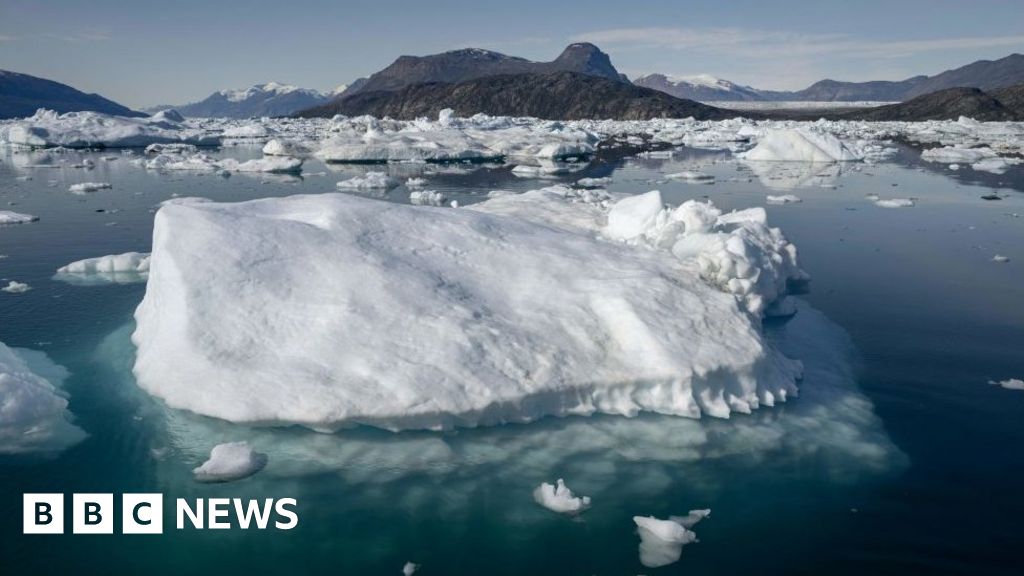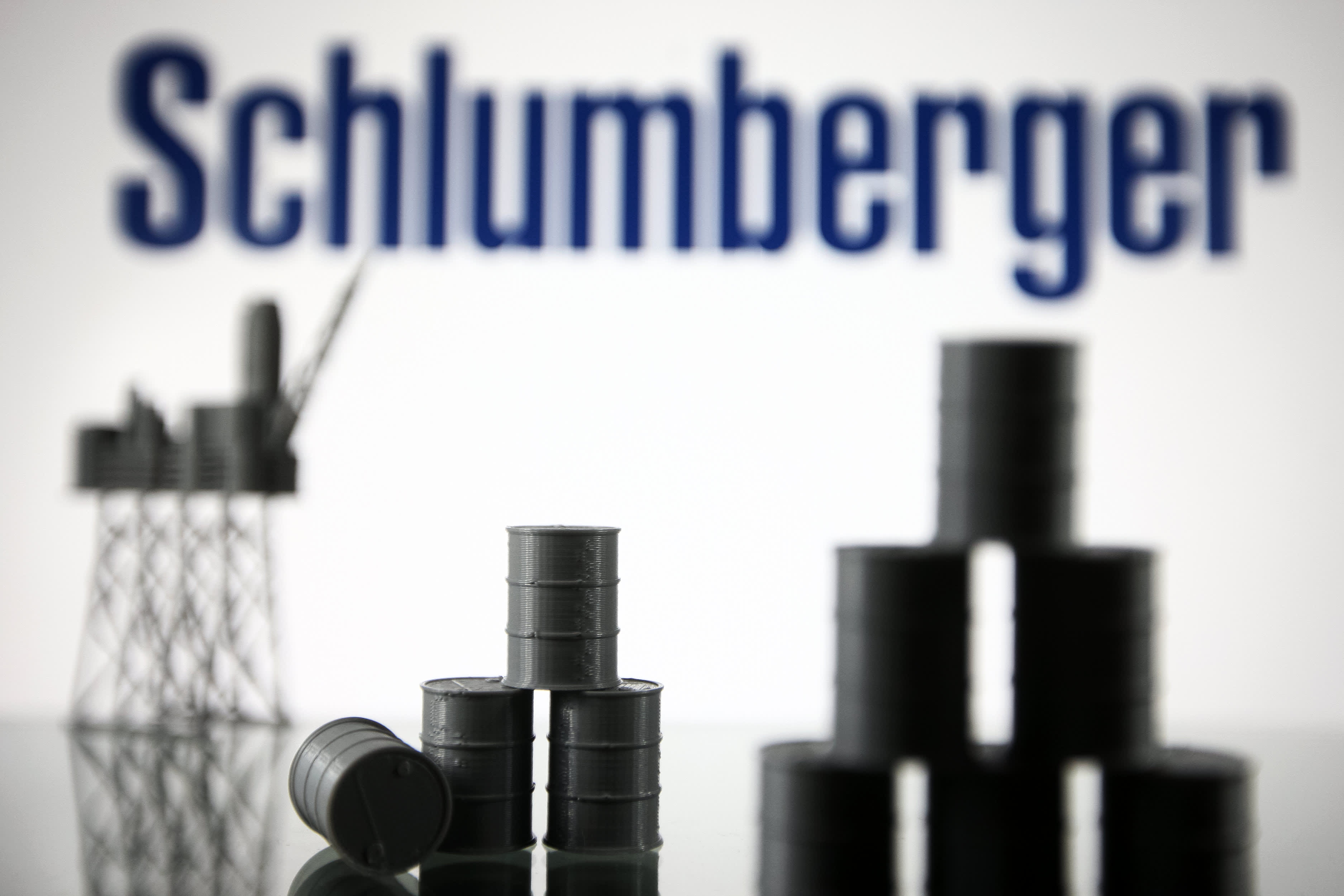
The Chilling Consequences: How Melting Ice Almost Slowed the Earth’s Rotation and Added a Second to the Clock
Duncan Agnew, a researcher from the University of California, Santa Cruz, has announced that if it weren’t for the accelerating melt of polar ice, we would have had to subtract a second from world clocks in 2026. This is because the redistribution of mass caused by the melting ice is slowing down the Earth’s rotation ever so slightly. Although the planet is still spinning faster than in the past, this tiny change could have significant consequences for how time is kept globally.
Coordinated Universal Time (UTC), which is used to regulate clocks and time around the world, relies on the Earth’s rotation rate. However, since this rate is not constant and can be affected by various factors such as melting ice caps and other geological events, global timekeepers have been forced to add leap seconds since the 1970s to maintain accuracy. These added seconds help account for variations in length between our days and nights.
Agnew’s study suggests that without continued acceleration of melting ice from Greenland and Antarctica, we would have needed to subtract a second from UTC rather than add one. This would have been unprecedented in history and would signify even greater changes brought about by climate change on our planet. Despite this news being alarming, Agnew also expressed surprise at how much humans have already impacted the Earth’s rotation. He urged us all to take responsibility for reducing our carbon footprint and mitigating the effects of climate change before it’s too late.

